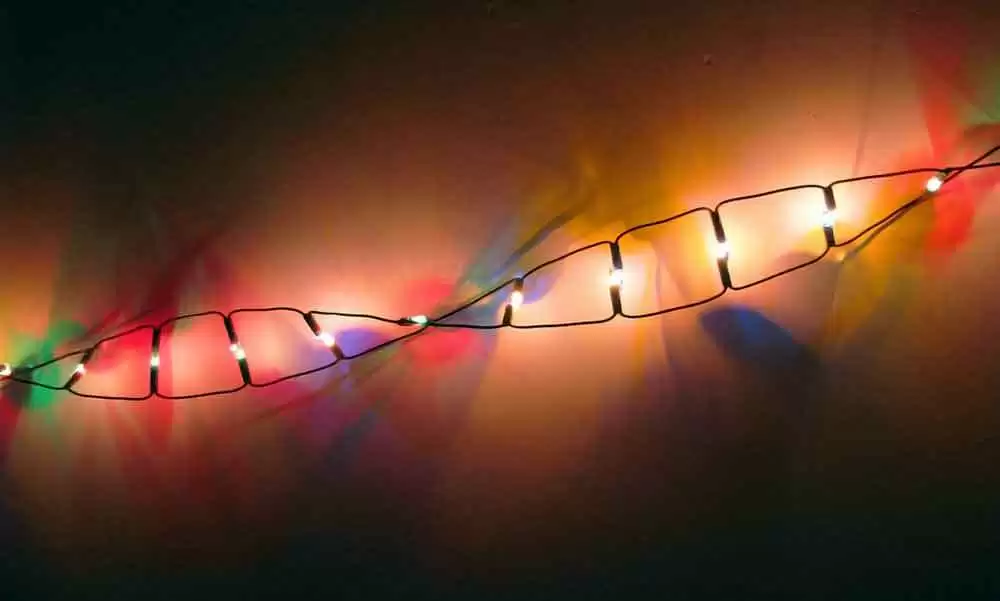
Celiac.com 02/27/2019 - Celiac disease is an autoimmune condition with numerous symptoms, and associated conditions. People with celiac disease often have gastrointestinal symptoms, including upset stomach, abdominal pain, gas, bloating, indigestion, and diarrhea. Some suffer from many of these on a regular basis.
However, many people show few or no symptoms. No single set of signs or symptoms is typical for everyone with celiac disease. Signs and symptoms can vary greatly from person to person.
Symptoms of Celiac Disease Fall Into 7 Major Categories
- Digestive symptoms such as abdominal pain, bloating, gas, diarrhea, constipation, nausea, vomiting, and steatorrhea (fatty stools);
- Non-digestive symptoms such as fatigue, weakness, anemia, weight loss, malnutrition, delayed growth, irritability, depression, anxiety, and cognitive impairment;
- Dermatological symptoms such as skin rash, itching, blistering, and dermatitis herpetiformis;
- Musculoskeletal symptoms such as joint pain, muscle pain, muscle cramps, and osteoporosis;
- Neurological symptoms such as headache, migraine, ataxia, neuropathy, seizures, and cognitive impairment;
- Reproductive symptoms such as infertility, menstrual irregularities, and recurrent miscarriage.
- No obvious symptoms or asymptomatic;
Symptoms Can Vary Between Children and Adults
Celiac.com Sponsor (A12):
The signs and symptoms of celiac disease can vary greatly and are different in children and adults. The most common signs for adults are diarrhea, fatigue and weight loss. Adults may also experience bloating and gas, abdominal pain, nausea, constipation, and vomiting. Many symptoms caused by celiac disease are the result of nutritional deficiencies caused by flattened villi and subsequent malabsorption.
Symptoms in Children
Children under 2 years old celiac symptoms often include vomiting, chronic diarrhea, failure to thrive, muscle wasting, poor appetite, and swollen belly. Older children may experience diarrhea, constipation, weight loss, irritability, short stature, delayed puberty, and neurological symptoms, including attention-deficit/hyperactivity disorder (ADHD), learning disabilities, headaches, lack of muscle coordination and seizures
Vague Symptoms Can Delay Celiac Diagnosis
It is not uncommon for symptoms of celiac disease to be vague or confusing. Vague or confusing symptoms can include dental enamel defects, bone disorders like osteoporosis, depression, irritability, joint pain, mouth sores, muscle cramps, skin rash, stomach discomfort, and even neuropathy, often experienced as tingling in the legs and feet.
To make matters more challenging, celiac symptoms can also mimic symptoms of other diseases, such as anemia, Crohns disease, gastric ulcers, irritable bowel, parasitic infection, even various skin disorders or nervous conditions. Vague or confusing symptoms can delay celiac disease diagnosis.
Signs and Symptoms of Celiac Disease
- Abdominal cramps, gas and bloating
- Acne
- Anemia
- Ataxia (gluten ataxia)
- Borborygmi—stomach rumbling
- Coetaneous bleeding
- Delayed puberty
- Dental enamel defects
- Diarrhea
- Dry skin
- Easy bruising
- Epistaxis—nose bleeds
- Eczema
- Failure to thrive or short stature
- Fatigue or general weakness
- Flatulence
- Fluid retention
- Folic acid deficiency
- Foul-smelling yellow or grayish stools that are often fatty or oily
- Gastrointestinal symptoms
- Gastrointestinal hemorrhage
- General malaise, feeling unwell
- Hematuria—red urine
- Hypocalcaemia/hypomagnesaemia
- Infertility, or recurrent miscarriage
- Iron deficiency anemia
- Joint Pain
- Lymphocytic gastritis
- Malabsorption
- Malnutrition
- Muscle weakness
- Muscle wasting
- Nausea
- Obesity/Overweight
- Osteoporosis
- Pallor—pale, unhealthy appearance
- Panic Attacks
- Peripheral neuropathy
- Psychiatric disorders such as anxiety and depression
- Skin Problems—acne, eczema, DH, dry skin
- Stunted growth in children
- Underweight
- Vertigo
- Vitamin A deficiency
- Vitamin B6 deficiency
- Vitamin B12 deficiency
- Vitamin D deficiency
- Vitamin K deficiency
- Vomiting
- Voracious appetite
- Weight loss/gain
- Zinc deficiency
Conditions Associated with Celiac Disease
People with one or more of these associated conditions are at higher risk for celiac disease:
- Addison's Disease
- Anemia
- Anorexia Nervosa, Bulimia
- Arthritis
- Asthma
- Ataxia, Nerve Disease, Neuropathy, Brain Damage
- Attention Deficit Disorder
- Autism
- Bacterial Overgrowth
- Cancer, Lymphoma
- Candida Albicans
- Canker Sores—Aphthous Stomatitis)
- Casein / Cows Milk Intolerance
- Chronic Fatigue Syndrome
- Cognitive Impairment
- Crohn's Disease
- Depression
- Dermatitis Herpetiformis
- Diabetes
- Down Syndrome
- Dyspepsia, Acid Reflux
- Eczema
- Epilepsy
- Eye Problems, Cataract
- Fertility, Pregnancy, Miscarriage
- Fibromyalgia
- Flatulence—Gas
- Gall Bladder Disease
- Gastrointestinal Bleeding
- Geographic Tongue—Glossitis
- Growth Hormone Deficiency
- Hashimoto’s Thyroiditis
- Heart Failure
- Infertility, Impotency
- Inflammatory Bowel Disease
- Intestinal Permeability
- Irritable Bowel Syndrome
- Kidney Disease
- Liver and biliary tract disorders (transaminitis, fatty liver, primary sclerosing cholangitis, etc.)
- Low bone density
- Lupus
- Malnutrition, Body Mass Index
- Migraine Headaches
- Multiple Sclerosis
- Myasthenia Gravis Celiac Disease
- Obesity, Overweight
- Osteopenia, osteoporosis, osteomalacia
- Psoriasis
- Refractory Celiac Disease & Collagenous Sprue
- Sarcoidosis
- Scleroderma
- Schizophrenia / Mental Problems
- Sepsis
- Sjogrens Syndrome
- Sleep Disorders
- Thrombocytopenic Purpura
- Thyroid & Pancreatic Disorders
- Tuberculosis







Recommended Comments